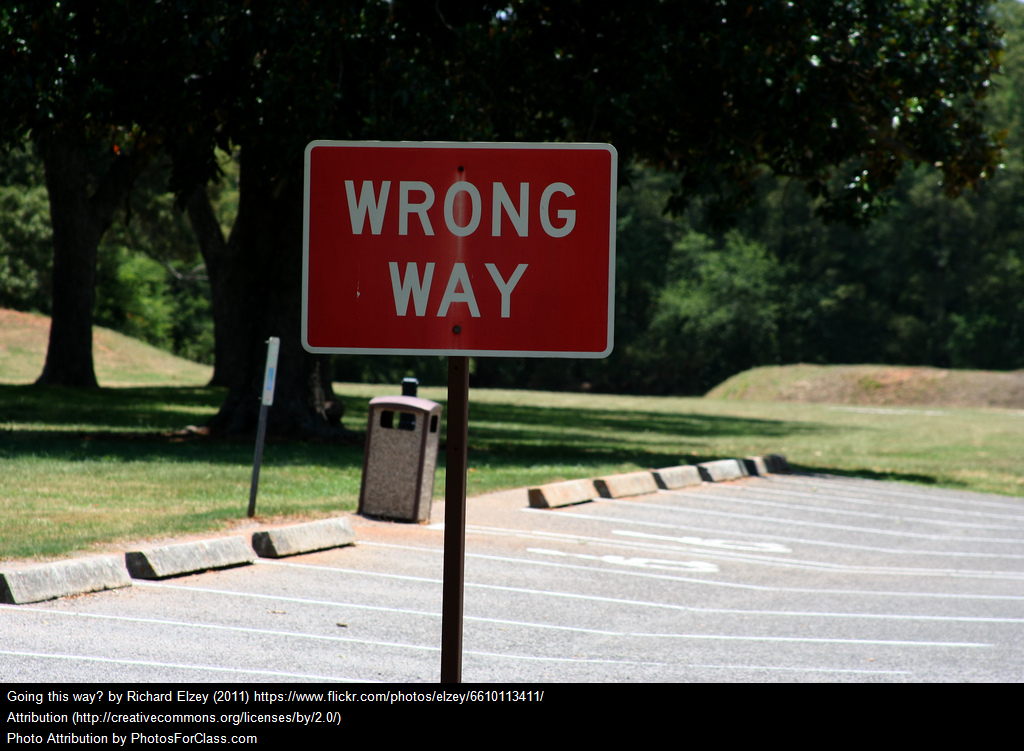Critics of Medicaid, including, incredibly, the head of the agency that administers it, say that studies show that people with Medicaid fare no better than being uninsured. Therefore, there will be few problems with reducing access to it.
Today, The New York Times published an excellent critique of that thinking, Medicaid Worsens Your Health? That’s a Classic Misinterpretation of Research.
I’ll publish a few short excerpts. While you’re reading it, I think it’s easy to find some parallels with critiques that are sometimes made of many of our schools:
Our examination of research in this field suggests this kind of thinking is based on a classic misunderstanding: confusing correlation for causation. It’s relatively easy to conduct and publish research that shows that Medicaid enrollees have worse health care outcomes than those with private coverage or even with no coverage…..
…But that is not a proper interpretation of such studies. There are many other, more plausible explanations for the findings. Medicaid enrollees are of lower socioeconomic status — even lower than the uninsured as a group — and so may have fewer community and family resources that promote good health. They also tend to be sicker than other patients. In fact, some health care providers help the sickest and the neediest to enroll in Medicaid when they have no other option for coverage. Because people can sign up for Medicaid retroactively, becoming ill often leads to Medicaid enrollment, not the opposite.
You might also be interested in:
The Best Resources For Understanding How To Interpret Education Research
The Best Places To Learn What Impact A Teacher (& Outside Factors) Have On Student Achievement
The Best Online Resources For Teaching The Difference Between Correlation & Causation
The Best Resources For Learning How Repeal Of Obamacare Will Affect Students & Schools
The Best Articles Highlighting Parallel Critiques Of Increasing School & Health Care “Efficiency”




Recent Comments